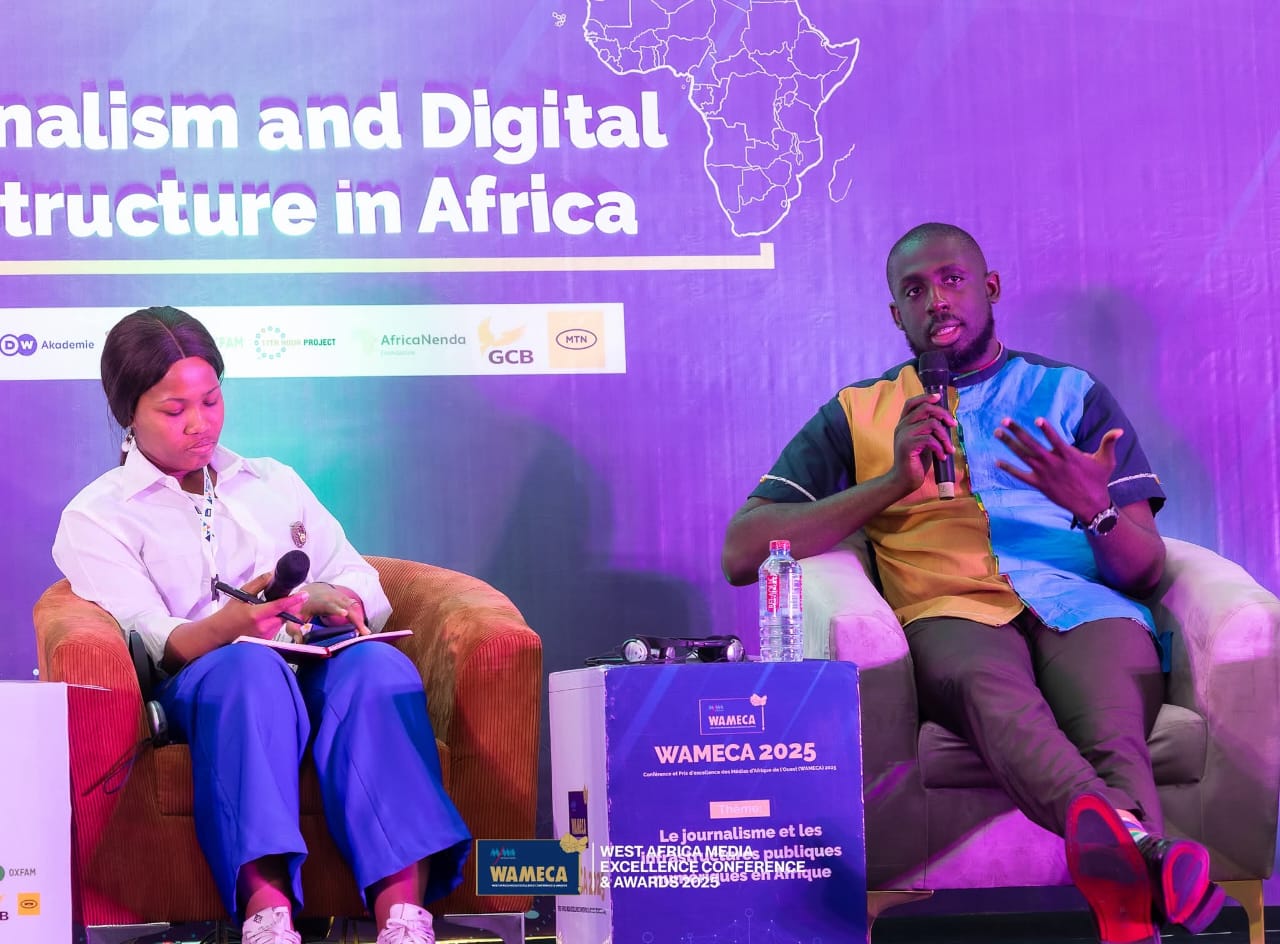
Accra-Ghana//-Chief Commercial Operations Officer of MobileMoney LTD (MML), Abdul Razak Issaka Ali, says regulatory uncertainty is stalling the cross-border payment agenda between Ghana and Nigeria, and other neighbouring countries.
To this end, he urged the Bank of Ghana (BoG) to embrace rather than fear financial technology (fintech) innovations, particularly in the area of cross-border payment solutions.
According to him, fintech innovations in the area of cross-border payment solutions hold enormous potential to drive inclusion and regional trade.
Mr Ali expressed frustration that Ghana’s efforts to achieve seamless cross-border mobile money interoperability had stalled.
According to him, despite years of conversations and pilot projects, the implementation of regulatory frameworks to support such initiatives remains slow and uncertain — leaving private sector innovation “trapped in a loop of caution and bureaucracy.”
“Government should not be scared to try innovations within reasonable limits. The sandbox framework already allows for experimentation under supervision — so let’s move a little faster,” he said.
Mr Ali noted that while the government had been championing cross-border payment integration, the development of regulations to guide private sector participation had become what he described as a “cat-and-mouse journey.”
He explained that there appeared to be uncertainty within BoG over whether to move forward with cross-border mobile money solutions, largely due to perceived risks around capital flows, exchange rates, and potential misuse.
“It’s currently not clear whether government wants to move on with it or not,” he lamented. “We need a clearer direction. The enabling environment must allow innovation within a controlled space to avoid chaos — not kill innovation entirely.”
He was speaking at a high-level panel discussion on the theme “From Exclusion to Inclusion – DPI and Inclusive Development in Africa” during a conference.
It was organised by the Media Foundation for West Africa (MFWA) on “Journalism and Digital Public Infrastructure”,
BrijX: A controlled Fintech experiment
Mr Ali’s comments come against the backdrop of the Bank of Ghana’s ongoing sandbox programme, which includes a pilot by Brij Fintech Ghana, a licensed Payment Service Provider (PSP).
The BrijX pilot, which began live testing in February 2025, is a Business-to-Business (B2B) Currency Swap Platform designed to facilitate direct currency swaps between the Ghanaian cedi and the Nigerian naira.
The system eliminates the need for forex markets or physical fund transfers across borders — a breakthrough that could significantly lower remittance costs and improve settlement efficiency between Ghana and Nigeria.
Approved in 2024, the pilot started with MoMo customers and is expected to expand to include G-Money users.
BrijX operates as a digital marketplace collaborating with banks, mobile money operators, and other licensed PSPs to enable peer-to-peer currency exchanges under regulated conditions.
Safeguards to maintain integrity
To ensure the pilot’s safety and integrity, the BoG has set transaction and participation limits, along with a defined testing period.
The sandbox framework also incorporates Anti-Money Laundering (AML) and Know Your Customer (KYC) protocols, alongside consumer protection measures, to mitigate potential risks.
These controls, the Bank said, are essential to understanding how innovative fintech products behave under real-world conditions before they are rolled out on a national or regional scale.
However, Mr Ali believes that the existence of such safeguards should give regulators more confidence to accelerate progress rather than slow it down.
“The sandbox was designed precisely to let us test, learn, and grow safely. We cannot keep staying in test mode forever,” he said.
Call for a clear regulatory direction
Mr Ali appealed to BoG to provide a clear regulatory direction for cross-border mobile money transactions, especially for those already piloted under the sandbox.
He stressed that uncertainty discourages private sector investment and innovation in an area where Ghana has the potential to lead the sub-region.
“If we get this right, Ghana can become a fintech hub connecting West Africa through digital payments,” he asserted.
“But that requires bold decisions from the central bank and the government.”
He added that cross-border mobile money is no longer a futuristic concept, citing examples in East Africa where regulatory innovation has enabled platforms such as M-Pesa to facilitate real-time regional transactions across Kenya, Tanzania, and Uganda.
Digital infrastructure and financial inclusion
The panel discussion also touched on how Digital Public Infrastructure (DPI) — including digital identity, payments, and data-sharing frameworks — can deepen inclusion and economic participation across Africa.
Ali emphasised that for Ghana and the sub-region to fully benefit from digital public goods, regulatory flexibility and public-private collaboration must be strengthened.
The road ahead
While Ghana’s fintech ecosystem matures, industry players are calling for a more predictable policy environment that supports innovation while managing risks responsibly.
For Mr Ali and other advocates, the success of pilots like BrijX could mark the beginning of a new era in regional financial integration — one that connects traders, remittance senders, and digital consumers across borders in real time.
But for that to happen, he insists, the BoG must lead confidently, not cautiously.


